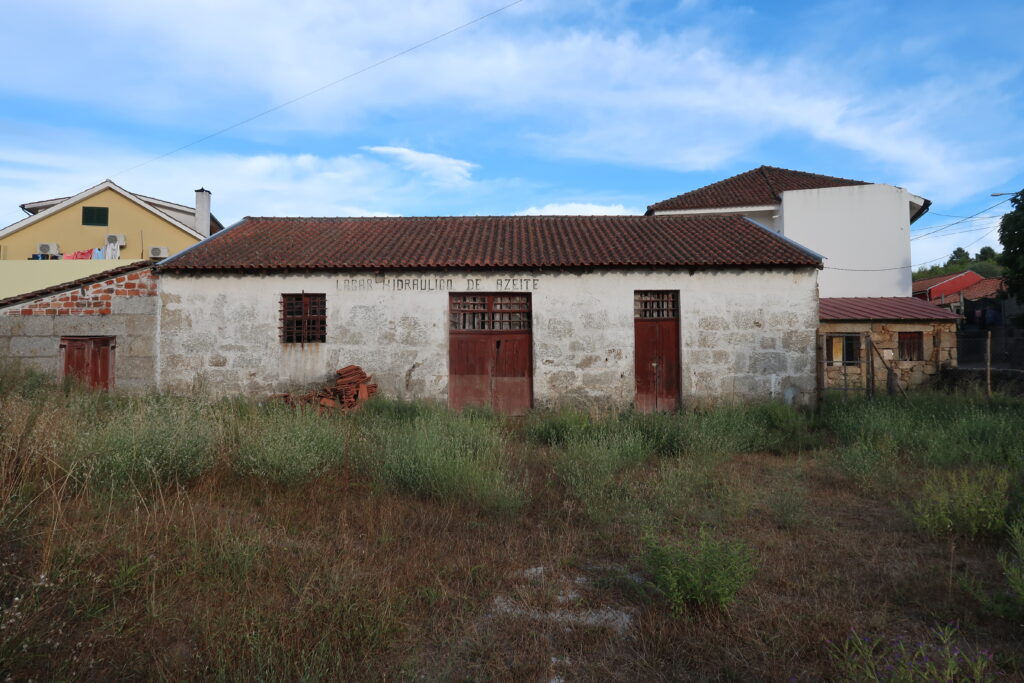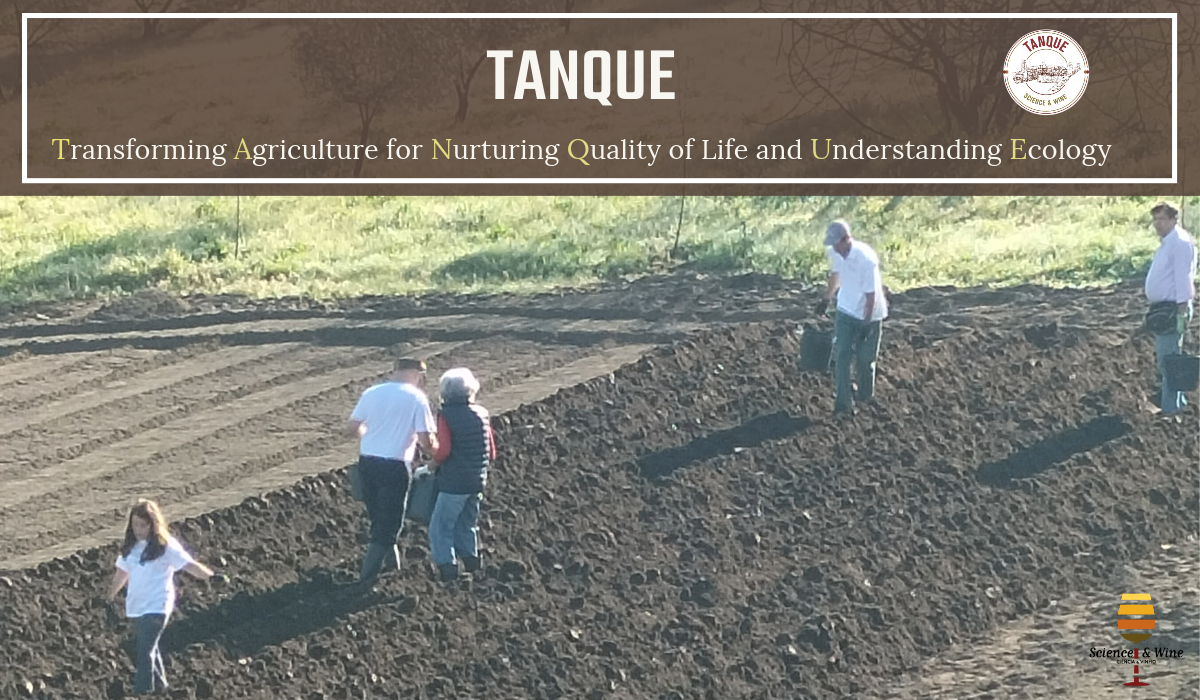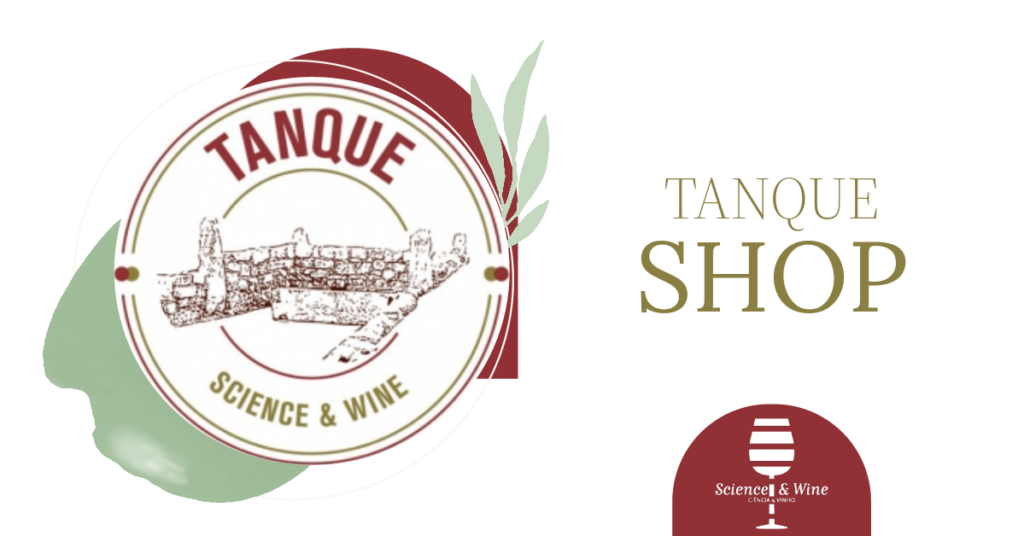By Paula Silva
You may already be aware that Tanque is a brand created by Science & Wine created to facilitate the sale of horticultural and processed products produced by our family. The objective of this project is to prevent the depletion of our land by utilizing it for organic farming and to contribute to the revitalization of Selhariz village, ensuring the preservation of its few remaining habitants. It’s been a year since my kids talked to us about this project. They really believe in it and want to help. But they explained that we needed to restructure it because they needed to find employment that would ensure their future. Our girl has already moved to Ireland, and the boy is finishing his master’s degree and thinking about where he wants to live. On the other hand, my husband and I are getting more and more work and responsibilities. Sadly, despite the escalating living expenses, our earnings haven’t matched the inflation, leaving us with a tight financial situation. Despite the political discourse emphasizing the significance of sustainability, there is a dearth of support for individuals who strive to achieve greater and superior outcomes. Given these circumstances, this year has been a period of reflection in order to understand what we could do. We won’t give up and we will keep fighting for a sustainable agricultural project that, we hope, will also have a social impact.
While industrial agricultural systems continue to expand and improve their productivity, this predominant farming model ignores the adverse ecological, societal, and health consequences. Intensive farming practices are causing problems like soil degradation, water contamination, overuse of natural resources, human and animal diseases, and the displacement of rural populations. Furthermore, it has led to the loss of traditional farming methods and indigenous knowledge, as well as the abandonment of farmland. Alongside these negative effects and the externalized social, cultural, and ecological costs of intensive farming, pressure has been mounting on small-scale producers and farms. The number of farms in Portugal is steadily decreasing, particularly those with less than 10 acres. In the meantime, the emergence of global market-driven agribusinesses that heavily rely on external inputs such as synthetic fertilizers, pesticides, and fossil fuel-based mechanization is causing a decline in job prospects, species diversity, and ecosystem health. Social agriculture is one aspect of the broader concept of multifunctional agriculture, which offers a counterbalance to the adverse impacts of the globally oriented farming industry. The concept of agriculture as a multifunctional sector has gained prominence recently as a guiding principle for the future of agriculture and the transformation and development of rural areas. This concept recognizes rural transformation as a comprehensive process that encompasses economic, political, social, ecological, and cultural aspects. Agriculture encompasses a multitude of interconnected dimensions, encompassing the expansion and deepening of agricultural activities, as well as the expansion into non-farming endeavors, beyond the mere production of food and fiber. Social agriculture, often referred to as ‘green care,’ encompasses initiatives that combine agricultural activities and resources with diverse therapeutic, social, educational, or community-oriented goals. This approach applies to all activities where agriculture plays a pivotal role in achieving social, educational, or health-related outcomes. Combining agricultural activities with social and healthcare services represents a strategy for functional diversification, preserving jobs, generating income opportunities, delivering services to the community, and contributing to sustainable rural development.
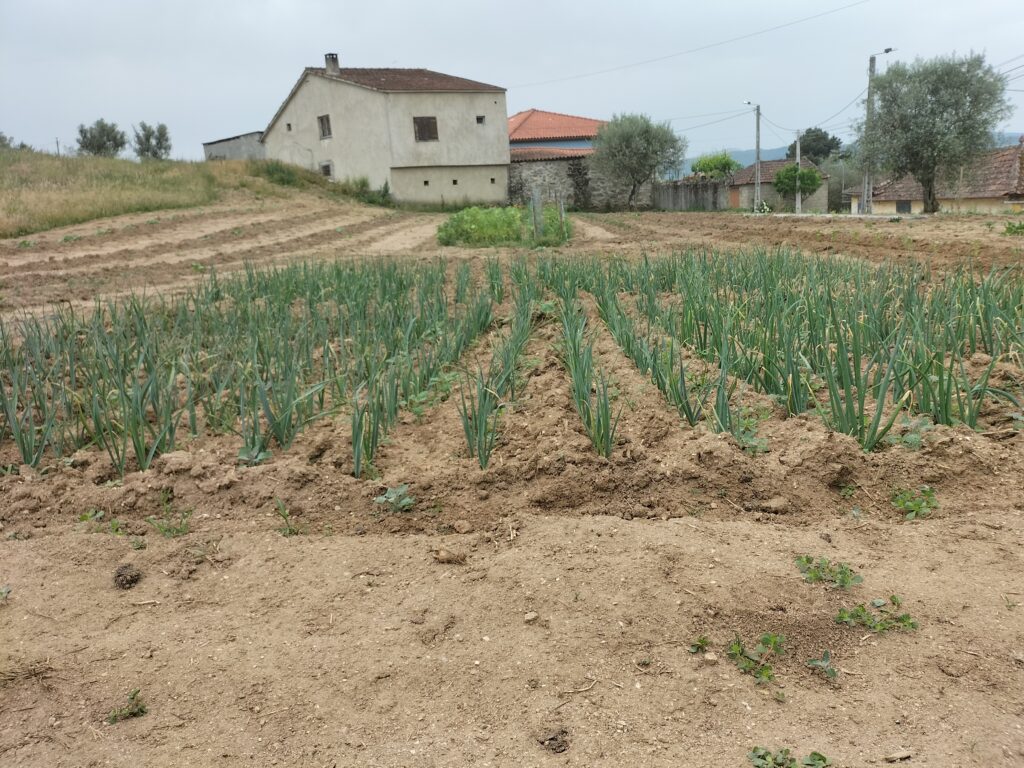
With our project, we aspire to achieve the following goals:
(i) Addressing Social Needs: Our project aims to address the social needs of Selhariz a rural and disadvantaged area, including facilitating social inclusion processes, integrating individuals into the workforce, and offering educational activities. These services will be based on thoughtfully designed agricultural activities that prioritize gender equality and fair working conditions.
(ii) Fostering Local Cooperation: We are committed to actively engaging with and cooperating at the local and regional levels with the local population, institutions, businesses, political entities, and social networks. Our objective is to promote a sense of identity, cohesiveness, solidarity, and support for the local economy, creating a strong, interconnected community.
(iii) Responsible Resource Management: Our project emphasizes responsible stewardship of natural resources to safeguard the health and well-being of both current and future generations, as well as the environment. We are dedicated to promoting ecological practices and conscientiously integrating measures to preserve biodiversity and protect the cultural landscape. This approach aligns with our commitment to sustainable and environmentally friendly practices.
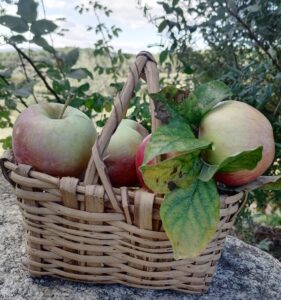
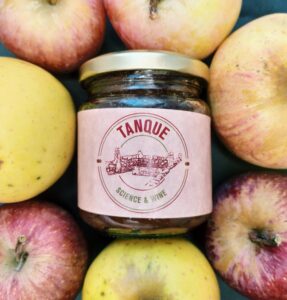
We will continue to seek government support to sustain our organic agriculture practices and to restore the old hydraulic olive oil mill, which will serve as the focal point for all our educational, scientific, and cultural activities. How can you help? You can participate in the events organized by Science & Wine and purchase our products at: https://www.science-and-wine-conferences.com/. I would greatly appreciate any companies who are willing to lend their support to this project. Keep an eye out for news and updates. Thank you for your support!
